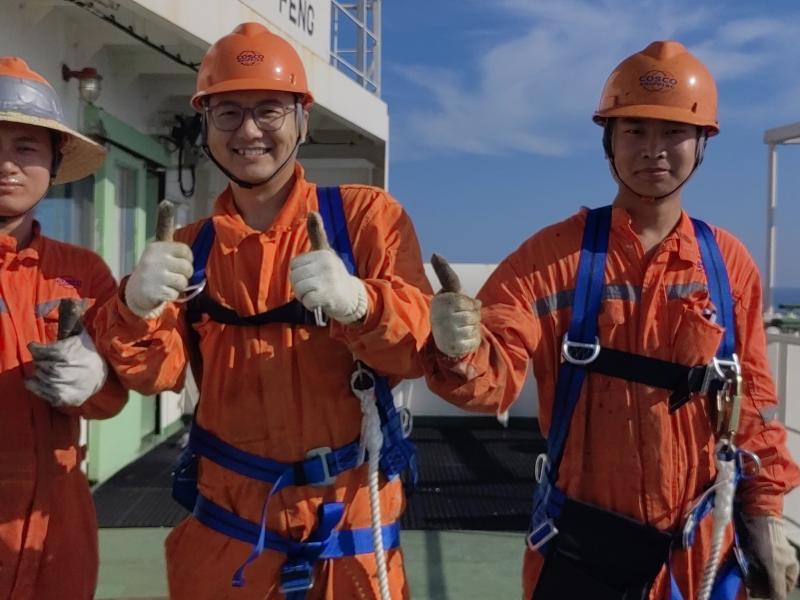“Crew are often hundreds of miles from shore when illness, accident or injury takes place onboard – leaving them without internet and dangerously far from the nearest hospital,” said International Transport Workers’ Federation (ITF) General Secretary Stephen Cotton as he welcomed a new medical guide for ships from shipowners’ association ICS.
“In those circumstances, having up-to-date medical guidance to hand can make a real difference for limiting adverse health and safety outcomes for seafarers and fishers.”
The first edition of the International Medical Guide for Seafarers and Fishers is priced at £225 (about $280 USD) and is available in print and digital ebook. It includes:
- The main guide for onboard crew and shoreside teams, featuring the latest medical knowledge, with clear and practical explanations of best-practice procedures;
- A ship’s medicine chest detailing the latest medicines and equipment which should be carried onboard and which can be sourced from all areas of the world;
- 10 action cards that can be removed and carried anywhere on the ship to immediately assess an emergency medical situation.
The ITF, which brings together hundreds of seafarers’ and fishers’ unions, provided experts to contribute to the guide’s development, alongside colleagues from the International Maritime Health Association. “The ITF is proud to lend our name to this publication as a key collaborator on its content,” said Cotton.

International regulations require a medical guide to be carried on all commercial ships that do not have a doctor on board. Given very few vessels have a qualified doctor amongst their crew list, the guide is set to have widespread adoption in the industry as many seafarers and shipowners seek the latest medical best practice in an accessible format.
The guide’s easy-to-use layout and language, designed with non-medical professionals in mind, is a key advantage over past medical guides. 3D visual aids, tables, charts, and practical assessment questions all help crew to follow medical procedures in the right way, ensuring the best possible outcomes for their crewmates.
“We recognised the urgent need for updated medical information and this was highlighted when we saw the overwhelming and positive response to the medical materials we published during COVID-19,” says Natalie Shaw, MBE, director of employment affairs at ICS.
“Having established relationships with medical experts for many years, we undertook the extensive process of producing a completely new, comprehensive, and practical guide covering all medical situations that would provide modern medical support for crew and for shipping companies,” said ICS’ Shaw.

New guide an opportunity for employers to lift medical care quality, focus on crew safety
ITF’s Stephen Cotton said he welcomed the guide’s publication, noting that its adoption and use should lead to improved health and safety outcomes for crew, with positive implications for the industry’s recruitment efforts.
“This publication is a well-timed resource to support employers with their own preparedness and risk evaluation approaches. It helps them build upon the minimum requirements set out in international regulations and conventions, encouraging a rising standard of care for crew.”
“Better health and safety at sea means seafaring and fishing careers become more attractive. The more we can do to improve the industry’s reputation amongst current and future crew, the more we’ll be able to address the crewing challenges faced by a sector with a growing need for people.”
Cotton said health and safety was a core focus area for the ITF, which has more than 670 affiliated unions from more than 147 countries.
Notes:
- The first edition of the ICS' International Medical Guide for Seafarers and Fishers is available for purchase here.
- Cover image credit: ICS.



